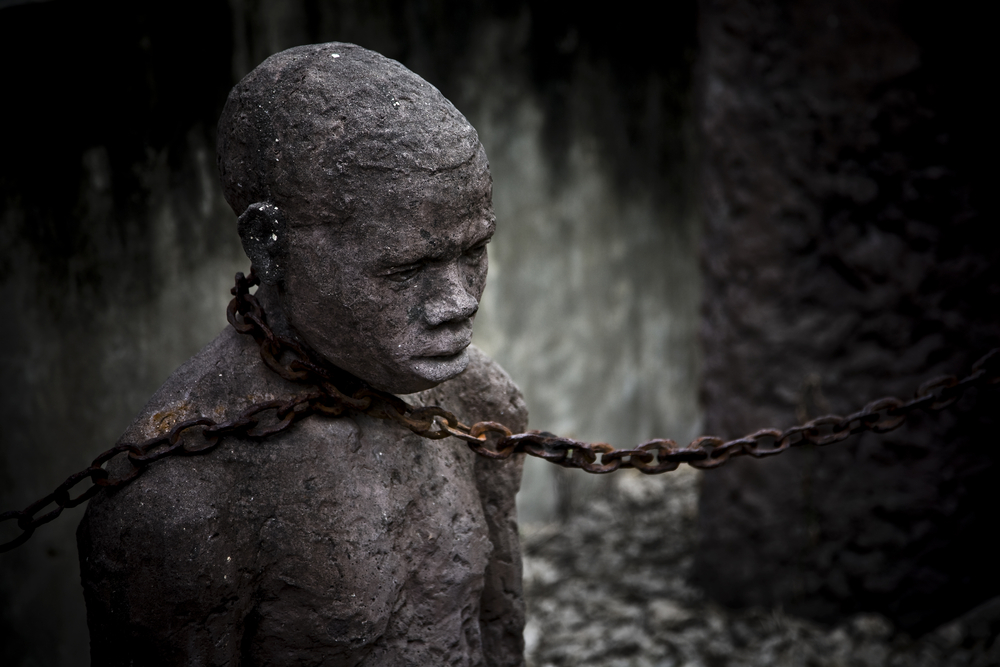What Is the True Church?
 The True Church. This phrase is a regular feature of church banter. Recently, I’ve read it in contexts that slough off problems within the Church. But that’s not the True Church that did that horrible thing. I can also recall hearing the term used by Church hierarchy, making claims to their particular brand of Christian doctrine and practice.
The True Church. This phrase is a regular feature of church banter. Recently, I’ve read it in contexts that slough off problems within the Church. But that’s not the True Church that did that horrible thing. I can also recall hearing the term used by Church hierarchy, making claims to their particular brand of Christian doctrine and practice.
Problems with definitions in the Church are nothing new. Throughout Christian history whenever there is any measure of conflict, sides are drawn and both sides make claims to be The True Church. King Henry VIII started his own True Church when he didn’t care for the policies of the existing True Church. But he wasn’t the first—nor the last. You’d have to go back to the earliest days of Christianity to record the first claims of superiority or righteousness.
So, is the True Church the organization defined in the epistles? Is it the entity that currently holds power or can claim to be the biggest and richest? Is it the Church that projects a current popular viewpoint? Is it whatever church leaders—or dissenting members—want it to be?
This article from the New York Times gives pause. It tells the story of how church leaders in 1838 sold slaves to pay debts—not one or two slaves (not that the number makes a difference) but 272. They ignored the mandates of their hierarchy. They satisfied their consciences by demanding conditions—all of which were broken. They had only one reason. The True Church, as I’m sure they considered themselves, couldn’t pay its bills.
America was an attractive place for the religious of all sorts back in our founding days. This story dates to 1838. It fascinates because it weaves two incongruous threads in American history—the importance of religious freedom and the lack of freedom for a substantial part of the founding population. This event occurs 62 years after independence and 23 years before the outbreak of the Civil War.
It is a saga of struggle. Which is more important, founding ideals, biblical ideals, or economic survival? Today’s economically challenged churches face the similar choices.
Every writer knows: Character is revealed in the decisions made by the story’s cast. Apply this maxim to this slice of history. What does it say about the character of our nation and the character of the Church?
What decisions are being made by Church leaders today which might prove as embarrassing as this a few decades from now?
